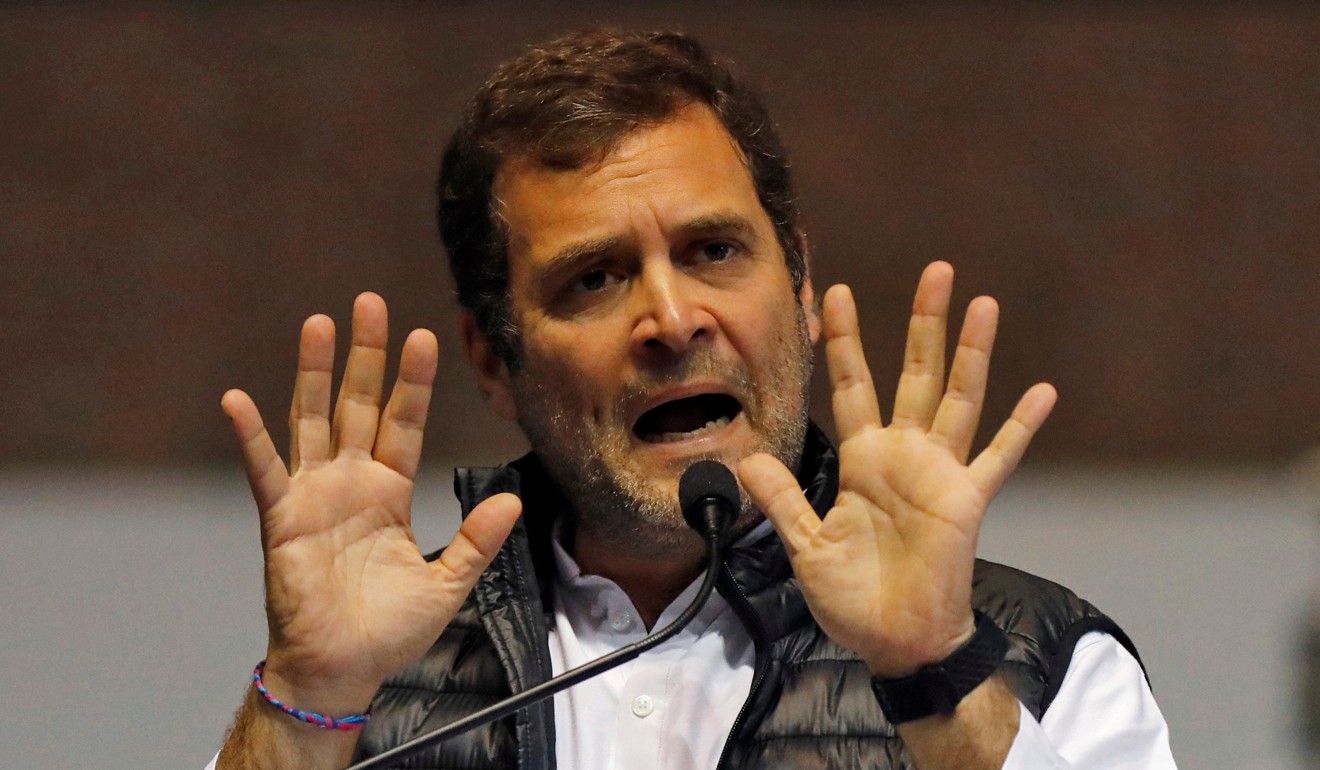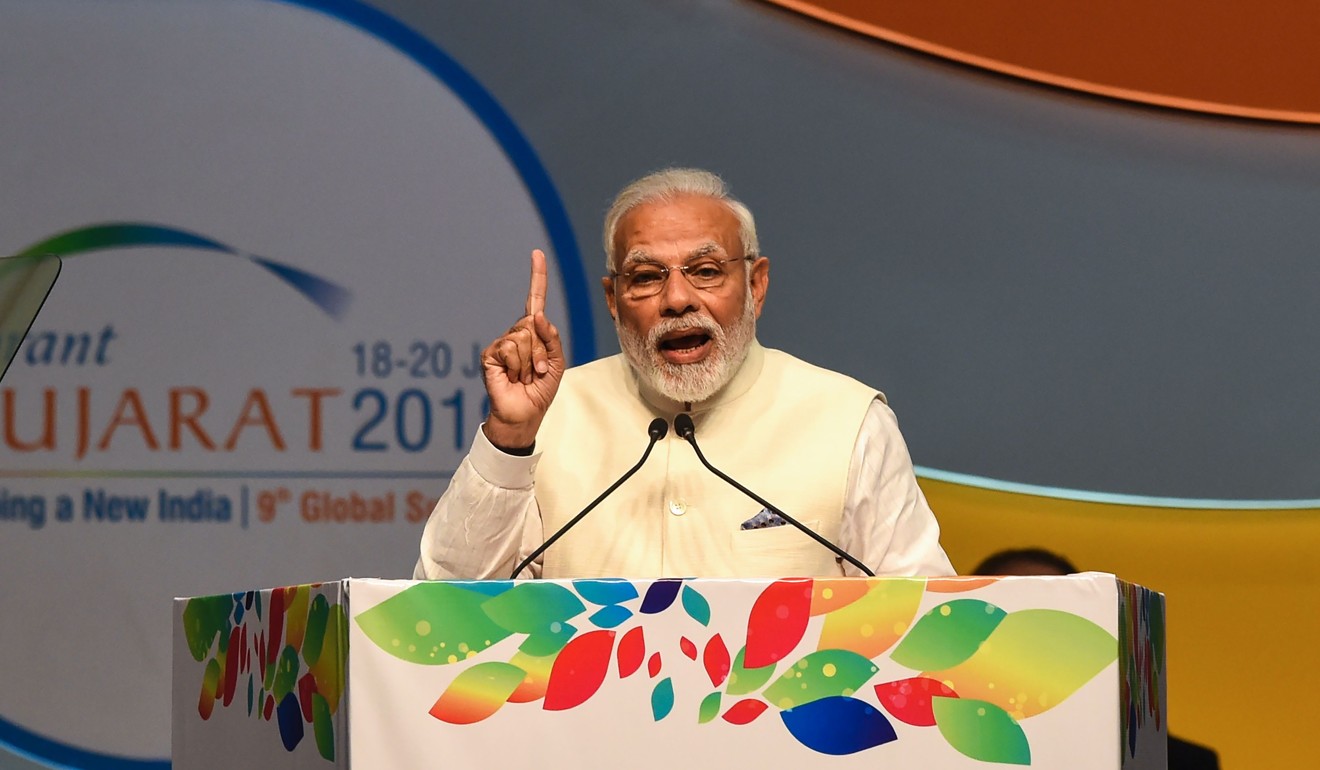
The world’s biggest election is coming down to the wire
- Who runs the country and the policies they follow are of global significance
- Prime Minister Narendra Modi faces an uphill battle in his bid for re-election
- India will soon become the third-largest economy globally
More than 120 million people are expected to attend the Kumbh Mela, the world’s largest human gathering, over the next few weeks along the banks of the Ganges at Allahabad in north India.
Little about India is small in scale or simple to comprehend. The upcoming general election, due by May, will be the world’s largest-ever democratic exercise and a positive kaleidoscope of parties, candidates and issues.
Some 900 million people are eligible to vote, 100 million of whom will be doing so for the first time. Like the Kumbh Mela, despite the noise and chaos, the sheer organisational efficiency will be extraordinary and the outcome very likely to be undisputed.
So much is predictable. What is highly uncertain is the election result. Until recently, there was a consensus that Prime Minister Narendra Modi would be returned for a second term. Modi achieved a remarkable majority in the previous election in 2014 and has dominated Indian politics since. The huge win for his BJP Party in the election in 2017 in India’s largest state, Uttar Pradesh, seemed to confirm that he was set to win big again in the general election. The opposition Congress Party appeared in disarray under its new leader, Rahul Gandhi, the son, grandson and great-grandson of prime ministers, who lacks both charisma and ministerial experience.

Modi has promised much but, despite a deluge of new policy initiatives, there is a growing disappointment in the country over how much he has delivered. He is credited with reducing corruption, investing in infrastructure and taking a few tough decisions like introducing a new goods and services tax. India’s economy has recovered to a respectable, if not stellar, growth rate of 7.4 per cent. Yet, new job creation is insufficient to offer opportunity to the 1 million youngsters who enter the employment market each month. Rural communities, still 70 per cent of the population, feel neglected.
Opinion polling in India tends to be unreliable, not least because of the size and diversity of the country. Further, given the number of parties – often regional or caste based – voting percentages are not always reflected in outcomes by seats won. Nevertheless, most recent polling shows a swing away from the BJP and towards Congress and its regional allies.

Who runs India and the policies they follow matters increasingly, not least to regional neighbours. India will soon become the third-largest economy globally. Its global and regional strategic role will increase accordingly beyond its traditional back garden in South Asia. Modi is seen internationally as having improved India’s economic performance, even while ducking truly fundamental reforms. Despite his nationalistic rhetoric and increased defence spending, the prospect for progress on the perennial border dispute with China and even in the stand-off with Pakistan has seemed better than under previous, softer governments.
The world has a stake in a growing, confident and predictable India. China most especially seeks a reliable trading partner which is willing to engage constructively with the realities of emerging Chinese power. An unstable, inward-looking and protectionist government in Delhi is not an electoral outcome in anyone’s interest.
Alan Rosling is an entrepreneur, adviser and commentator based in Hong Kong. He was previously an executive director of Tata Sons and co-founder of Kiran Energy

